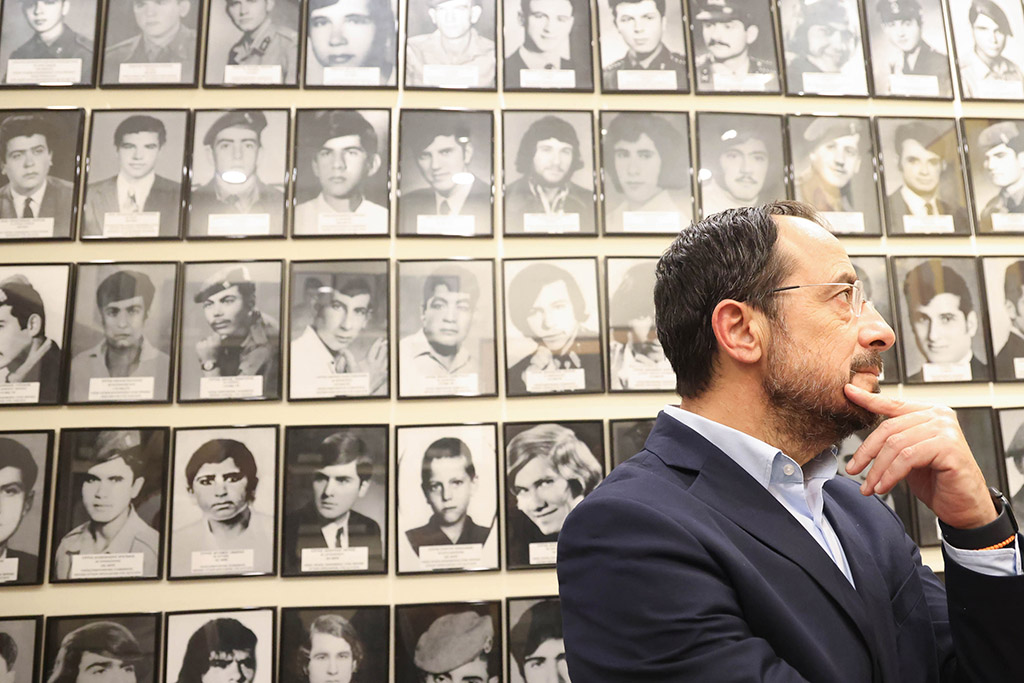Cyprus will spend the €1.1 billion loan from the EU’s SAFE programme over the next five years to help boost its defence industry, Defence Minister Vassilis Palmas announced on Wednesday following a cabinet meeting at the presidential palace.
For his part, President Nikos Christodoulides described the funding as a “major effort to strengthen the deterrent power of the Republic of Cyprus”.
The Cypriot government formally notified the EU of its participation in July and is set to receive €1.18 billion from the EU’s €150 billion SAFE initiative, which promotes joint military hardware procurement by at least two member states or allies.
The president also highlighted the European Investment Bank’s new approach to including the defence sector in its lending programmes, further linking Cyprus’ defence industry with the SAFE initiative.
Palmas explained that this funding will be added to the defence ministry’s budget, expanding possibilities for equipment programmes and giving a boost to Cypriot defence industries.
“By November 30 of this year, we are required to submit a list to the European Commission detailing our needs and the equipment we are interested in, so that they can verify whether our proposals fall under the SAFE Regulation,” Palmas said.
“After that, it will be up to us to decide whether to exhaust the full amount over five years or take a smaller loan with low-interest and favourable terms.”
The minister stressed the importance of managing the loan responsibly, as the money will increase public debt.
“The defence ministry cannot simply spend the entire amount quickly without consulting the finance ministry. We must limit the rate of increase in public debt and exercise self-control in cooperation with both ministries so as not to affect other economic indicators.”
When asked about concrete spending plans, Palmas said the ministry has a list of priorities but wants to retain flexibility due to changing conditions.
Regarding collaboration with other countries to develop Cyprus’ domestic defence industry, he noted that the development of the Cypriot defence industry is a top priority, facilitated by the SAFE Regulation’s aim to boost Europe-wide defence industries.
“There are several innovative defence industry companies in Cyprus, and I believe that with this loan from SAFE, we will be able to give further impetus to these Cypriot defence industries,” he said.
Agreements can be achieved either with other EU member states’ defence industries or through procurement conditions requiring Cypriot industry participation when the National Guard orders equipment, he said.
Alongside EU funding, consultations with the United States over Cyprus’s participation in American defence programmes are ongoing.
In early September, President Christodoulides confirmed that Cyprus has requested military equipment under the US Excess Defence Articles programme, either free or at reduced cost.
“National Guard officers must be sent immediately to the United States so that we can see and evaluate what we have requested and what the Americans are offering,” the president said.
On the timing of this mission, Palmas described it as a technical matter dependent on scheduling with the US army. The equipment of interest includes transport aircraft and search and rescue helicopters, but not fighter jets.
“We want to go on site to see what condition it is in and whether it is suitable for us to acquire, as the National Guard, and we will act accordingly,” he added.






Click here to change your cookie preferences